It’s Us, Not You: Curatorial Notes on the 6th Asia Triennial Manchester
1. Since time immemorial, thinking about value has been largely confined to the domain of philosophy.1 The central assumption in this ethical field of axiology was that values are “conceptions of the desirable”: conceptions which play a significant role in influencing the (moral) choices people make between different possible courses of action. Values are mainly ideas about what people ought to want and about imagining what life ought to be like. Values, then, are ideas if not necessarily about the meaning of life, then at least about what one could justifiably want from it.
2. However, the recent rise of the neo-liberal narcissism of authenticity has brought about considerable symbolic emptiness for this form of thinking: a limiting of the horizons to which we can aspire has led to the fact that there is no longer room for verticality and the associated rituals that bring people together and generate a community in which meaningful resonances come about over what being human means. As a result, values now serve mainly as things for individual consumption. They have become commodities, and thus value is more or less reduced to market worth. Values such as justice, humanity, and sustainability are subsequently exploited for profit and have also succumbed to an instrumentalized form of thinking based on measuring and quantifying.2
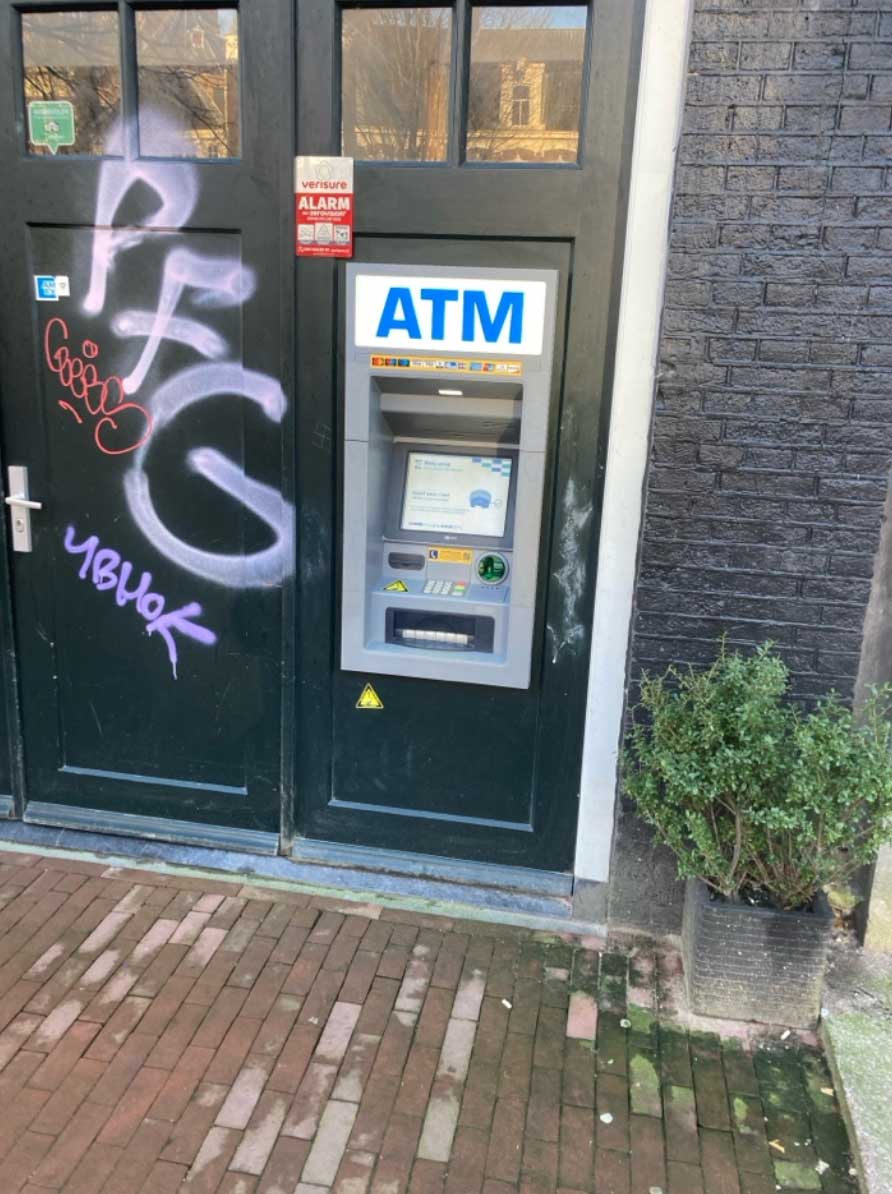
3. We must face the concern that value is currently in urgent need of reconfiguration within our world of practices. In his publication 99 Theses on the Revaluation of Value (A Postcapitalist Manifesto), Brian Massumi provides a first step towards such a recalibration, which is decoupled from quantification: “It is time to take back value.” In his view, the dominance of the calculative rhetoric of capitalism produces an impoverished version of surplus value. Therefore, the manifesto focuses on reclaiming of value from its reduction to the economic market. Massumi starts from the work of Karl Marx3, whose concepts of capital and surplus-value he pushes to the limit. For example, thesis 20: “The turning of the turnover of capitalist surplus-value requires the alter-valuing of self-driving process. It requires the affirmation of an analogous dynamic quality of process, but one that does not lend itself to the quantification of the irreducibly qualitative that operates the economization of life.”4
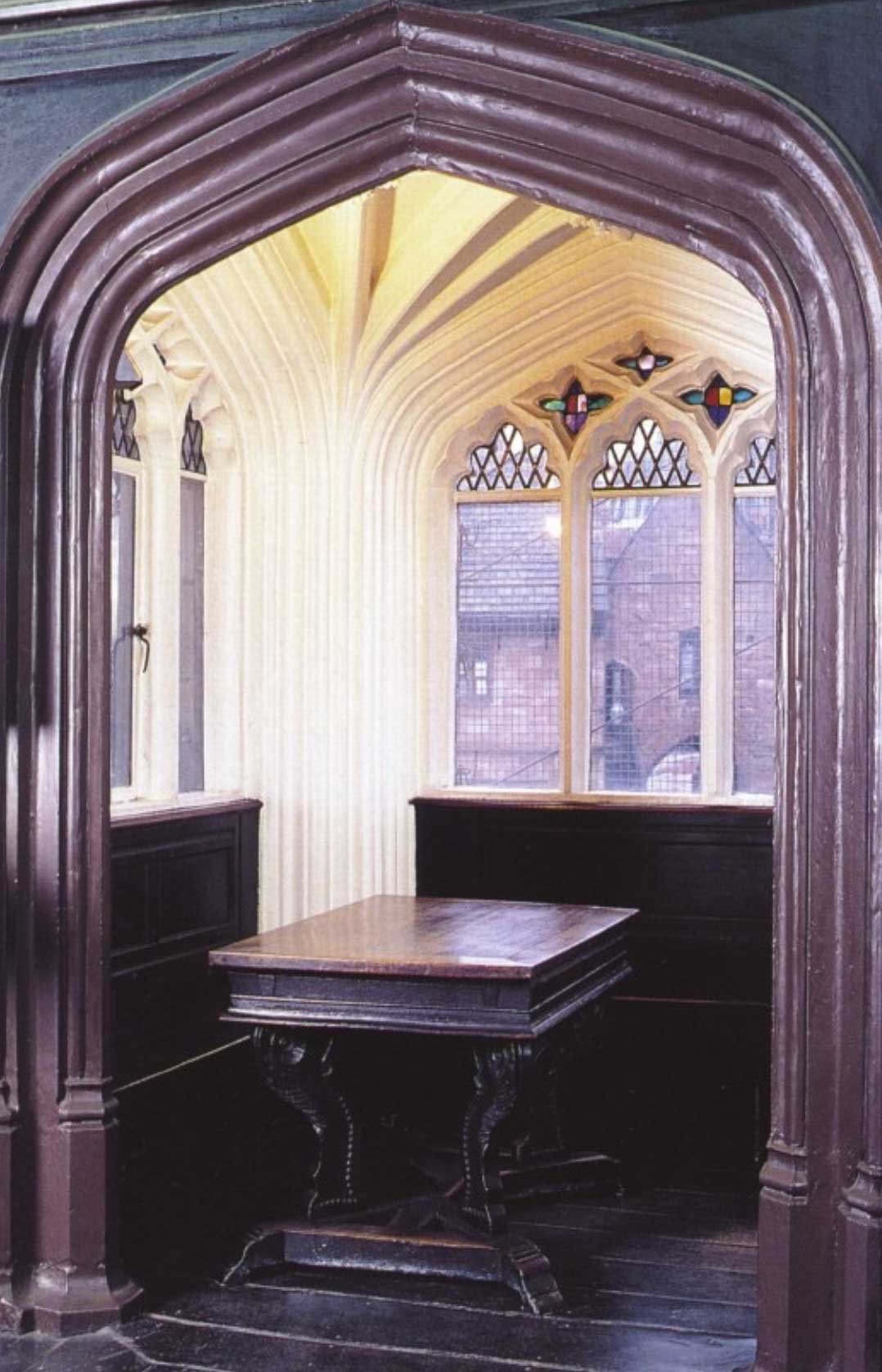
4. Massumi describes the proposed process of producing other (or counter) values as a mode of speculation5: speculation understood as enabling the emergence of the new, for example, in the postcapitalist form of an affective expression of qualitive intensity. In this processual act of speculating and alter-valuing, the manifesto emphasizes the potential role of creativity: the concept of value should be redeployed and reactivated from the perspective of artistic practice.
5. It is precisely this challenge that is central to the curatorial narrative of the 6th Asia Triennial Manchester, which explicitly focuses on a current, artistic interpretation of Transvaluation by drawing attention to an understanding of the potential of art to present and represent different notions of value in the global contemporary. To this end, Transvaluation states that artistic research should be seen as a space for critical reflection, speculation, and imagination, while taking the relativity and historicity of all values as its starting point. A space that, to quote Nietzsche, is not only aimed at delivering judgments, but above all at generating new values; i.e., “a revaluation of all values.” For Nietzsche, this reordering of perspectives is about taking responsibility for revaluing the world and not just accepting dominant values. Thus, this is not about values as expressed in the economic system, but about values as they are affectively and intensively lived and hence contribute to an ascription of meaning to the world.
6. The curatorial project Transvaluation will develop a series of propositions that focus on artistic research’s ability to generate conditions and axioms for other ways of living and learning associated with such a reconfiguration. The starting point is an awareness of limits: the limits of dignity, the limits of the intolerable, the limits we can discern and therefore indicate. Recognizing such limits means beginning to work, struggle, and commit ourselves.6
7. Transvaluation therefore aims to perform that the social, affective, and material speculations of artistic research can produce a processual surplus-value that differs in kind from the surpluses of capital accumulation: a surplus value that lies in being able to transform our ideas concerning global precariousness, exchange systems, sustainability, trust, hope, and interdependence.7
8. Precisely these issues Yang Ah Ham articulates further in her ongoing research project Undefined Panorama (2019-). The focus of this multilayered project is a video work that – in the form of large-scale projections – sketches a landscape of current, global narratives that are colored by class differences and struggles, technological changes, ecological crises, occupy movements, and extinction rebellions. Starting from a critical awareness of the socio-economic conditions and the absolute values of neo-liberal capitalism, Ham’s inquiry searches for alternative, more humane value systems and associated forms of coexistence. She claims that it is up to art, departing from a profound awareness of urgent crises, to come up with alternative forms of imagination that encourage creative individuals to initiate transformative processes and actualize new social structures: structures that will be based on a recalibration of values such as care, trust, and solidarity. Thus, the video invites us to reflect from such perspective on the possibilities of coexistence with others in this very panorama. The outcomes of these reflections on imagining the future otherwise are then converted into participatory projects, such as various workshops and a digital environment for a collective rethinking of the various concepts and categories that ultimately determine how we think and experience current global issues.8
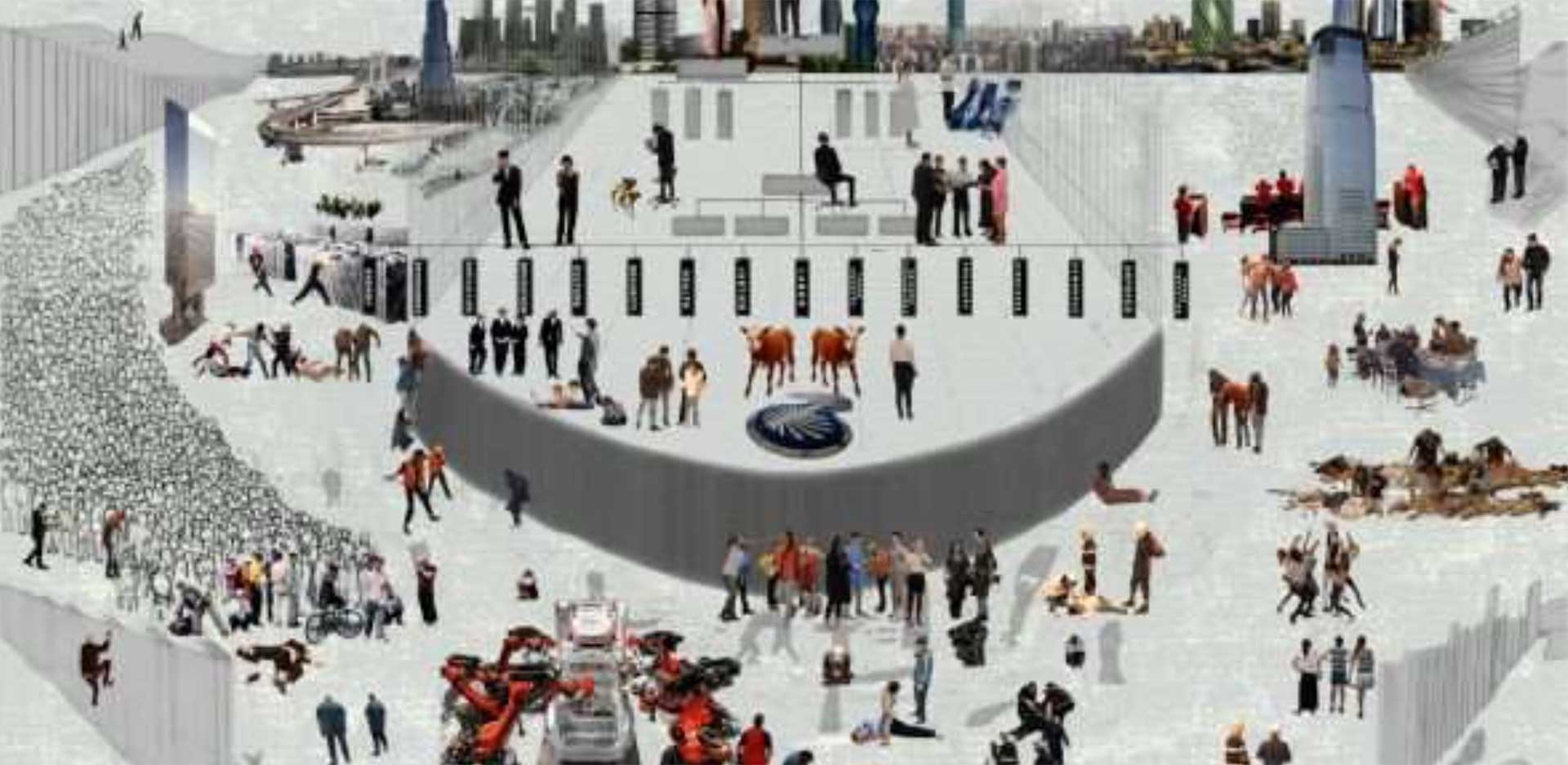
9. Tiong Ang & Company’s project Erase Me focuses on reclaiming the human value of creativity, which becomes performative by rethinking creativity as an engine of practices of alter-valuing. This takes the form of an unscripted group performance that explores a productive way of living together in which one recognizes and respects the individual rhythms of the other; the possibility of a community in which everyone follows their own rhythms, i.e. their “idiorrhythms” (Roland Barthes9), rather than being subjected to a common regulation of life that they could neither choose nor resist. These idiorrhythmic practices imagine an alternative community without collectivism: a constellation with no vertical power, but only horizontal interactions; a particular manner of making one’s life flow, as opposed to a regulated and imposed existence. The performance resonates in the exhibition space with a display of video works that pose and problematize the question of identity – especially Asianness – from different (ideological, artistic, academic, lived) perspectives. To this end, the stage will also function as a home base where voices from local Asian communities will be presented in the format of a newsroom.10
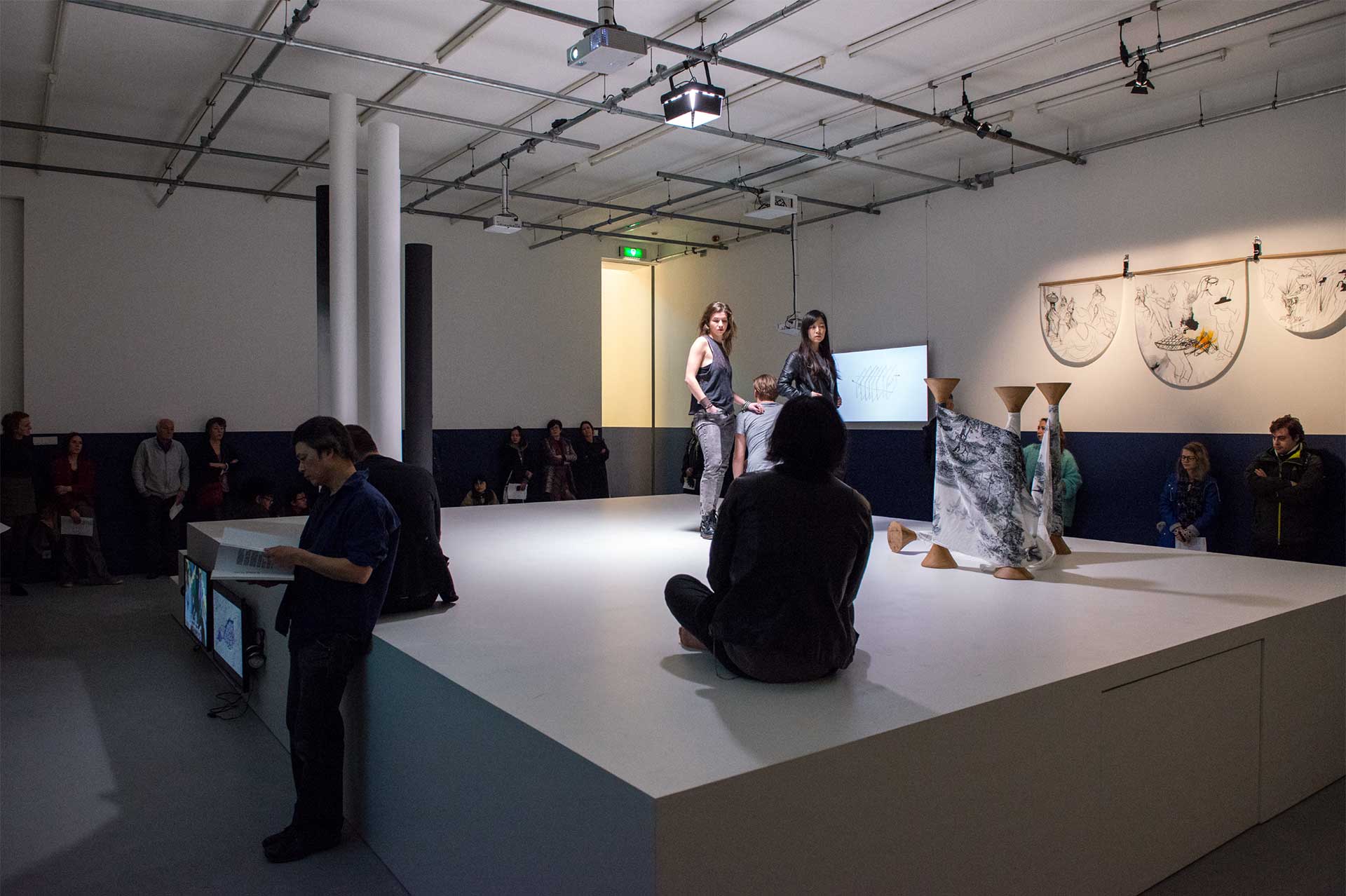
10. Stefanos Tsivopoulos’ research has focused on the existence and possibility of alternative currencies for more than ten years now. For example, at the 2013 Venice Biennale he showed his History Zero project in which he presents an archive of other types of exchange values as a manifesto. Tsivopoulos’s most recent project, the film Object Reconnaissance11, can be understood as an extension of this field of interest: a layered narrative that disseminates a discordant ensemble of conflicting value perspectives. Central to this fictive story is the search for a missing family gift, a seashell from Papua New Guinea, originally intended as a ritual dowry to compensate for the unproductive labor arising after a marriage, but which, as it eventually turned out, was monetized in the colonizer’s country through the capitalist value system and subsequently included in the collection of the Amsterdam Tropenmuseum. The film invites further reflection on urgent issues regarding values of equality, the colonial erasure of human values expressed through displacement of cultural objects, and the question of how to handle the consequences of such depredations: not just simply repatriating, but also working on postcolonial repair.

11. Stephanie Misa’s installation An Altar for the Fleshy Tongue also draws attention to colonial processes of erasure. This research project focuses in particular on the role and position of living language. 12 The starting point is the inquiry whether languages can be held within the body across generations, and if so, what tools do we need to reawaken such dormant knowledge? This inevitably leads the artist to look at other languages that grow in communities (and outside of institutional read/write frameworks), that are in danger of erasure, and those that have gone but left traces. To counter the exclusionary and oppressive processes of the colonizer’s language, An Altar for the Fleshy Tongue deploys the perspective of the persistence of orality of the mother tongue as a resilient strategy of indigenous communities enabling the practice of an alternative way of being-knowing-doing that is as entangled as it is embodied. Furthermore, a “potential history”13 of relations between language, body, spatiality, temporality and (collective) values is articulated by turning what was invented as “past” into the present and by the repair of torn worlds into the substance of artistic research.
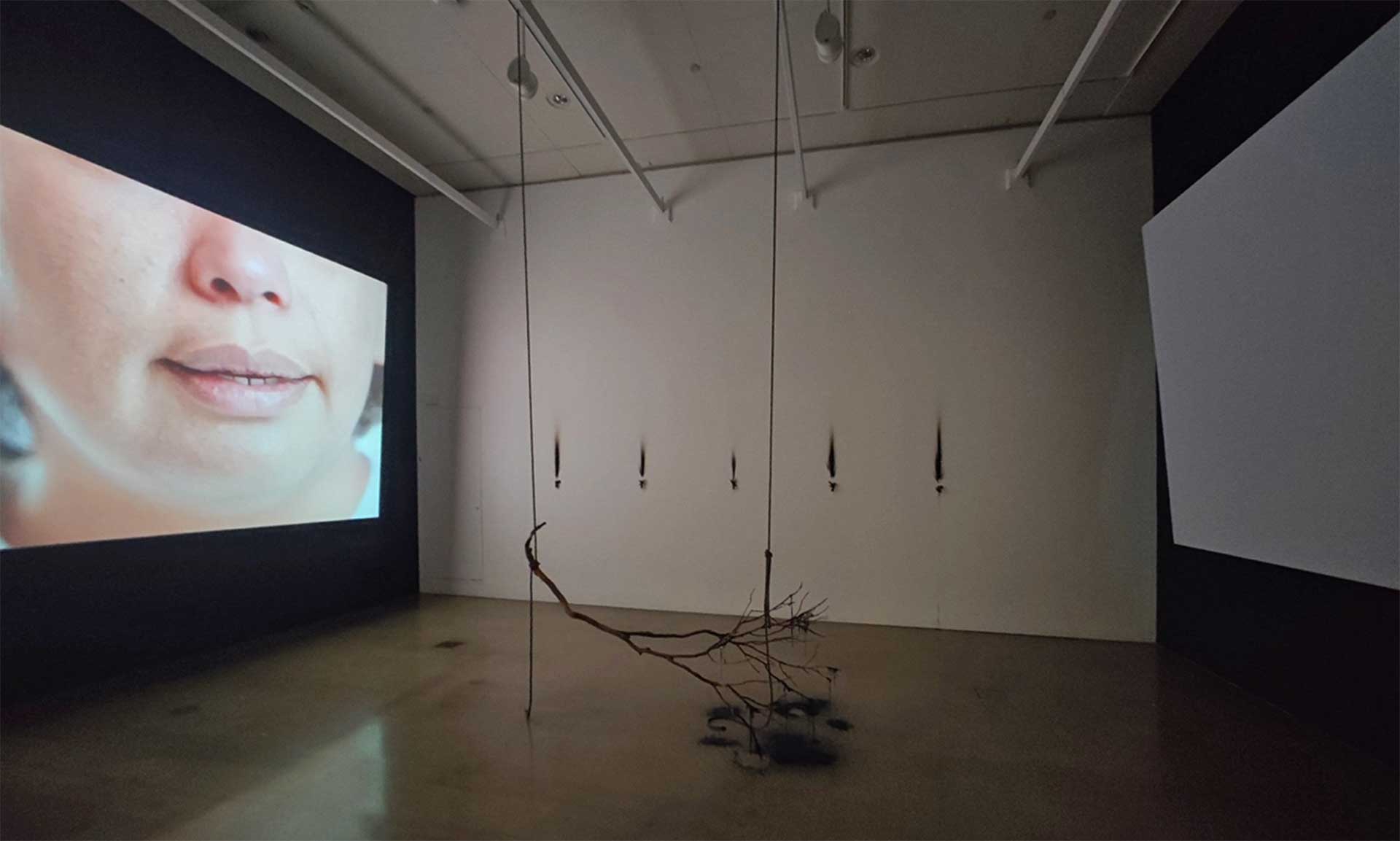
1 In the very first ethical treatise, Nichomachean Ethics, Aristotle used praxis to indicate doing, alongside theoria (thinking) and poiesis (making). His concept phronesis (practical wisdom) comes close to the topical understanding of practice in the field of artistic research: a rethinking of values and an orientation to ethical action.
2 This perspective is further articulated in Byung-Chul Han’s The Disappearance of Rituals. A Topology of the Present (London, 2020). According to Han, the present is characterized by a communication without community, which does away with collective values and leaves individuals exposed to exploitation and manipulation by neo-liberal psycho-politics. The current community is an atrophied and commoditized community that lacks the symbolic power to bind people together.
3 Karl Marx and Friedrich Engels worked together in the Chetham Library in Manchester in 1845 on their publication The Communist Manifesto. Today, this manifesto once again seems relevant, especially for reflecting on new (capitalist) forms of ecological and social struggle.
4 Brian Massumi, 99 Theses on the Revaluation of Value. A Postcapitalist Manifesto, Minneapolis/London, 2018, p.19.
5 This process is further investigated in the Re-imagining Futures project (OnCurating, Zurich, 2019). https://oncurating-space.org/re-imagining-futures/.
6 Antonio Negri and Michael Hardt (Empire, 2000) have in this regard referred to the rise of social movements in resistance to capitalism and its markets as a form of ‘transvalued’. The text echoes Nietzsche by taking its starting point in the creative ability of individuals to make social structures.
7 An impetus for such an imagination is given by Anna Lowenhaupt Tsing’s The Mushroom at the End of the World, On the Possibility of Life in Capitalist Ruins (Princeton, 2015). In this publication Tsing draws attention to the “arts of noticing” (pp.17-25) which enables us to move beyond a unitary critique of capitalism through diverse and contingent responses. “To understand capitalism (and not just its alternatives), then, we can’t stay inside the logics of capitalists; we need an ethnographic eye to see the economic diversity through which accumulation is possible” (p.66).
8 ATM6 will present an updated version of Undefined Panorama (https://www.youtube.com/watch?v=y42rWY-Ozfw). In addition, a workshop will be organized that, as proposed in the video, departs from the distinction between growth (quantitative expansion) and development (qualitative improvement). The participants are invited to develop as much as possible, while ceasing to grow, once the regenerative. During the Triennial, the digital environment of the project will also be further developed (https://www.undefinedpanorama.net)..
9 Roland Barthes introduced the perspective of idiorrhythmic practices in How to Live Together (New York, 2012).
10 Tiong Ang organized similar performative projects in the context of To Seminar (Bak, Utrecht, 2017) and Farewell to Research (9th Bucharest Biennale, 2020-2022). https://tiongang.net.
11 ATM6 will show the film Object Recoinnassance (https://vriza.org/en/portfolio-items/object-reconnaisance/). Parallel to that the artist will give a lecture performance on alternative value systems, such as a revisiting of the Gift Economies (cf. Marcel Mauss in The Gift: Forms and Functions of Exchange in Archaic Societies, 1925). https://www.stefanostsivopoulos.com.
12 Previous research projects by Stephanie Misa also focused on the perspective of orality. Orality ruptures the idea of bound cultures and instead proposes that culture – language – is in perpetual flux. During the opening of the Trienniale, Stephanie Misa will also give the performance Fillipinos in dialogue with the installation An Altar for the Fleshy Tongue. https://www.stephaniemisa.com/202223/filipinos.
13 By practicing what she calls “potential history,” Ariella Aisha Azoulay proposes that we can still refuse the imperial violence that has shattered communities, lives, and worlds. She argues that the institutions that make our world, from archives and museums to ideas of sovereignty and human rights to history itself, are all dependent on imperial modes of thinking that sought to order time, space, and politics. Rather than looking for a new future, Azoulay calls upon us to rewind history and unlearn the imperial foundations of knowledge, and to continue to refuse imperial violence by making present what was invented as “past” and making the repair of torn worlds the substance of politics. (Ariella Aisha Azoulay, Potential History: Unlearning Imperialism, London/New York, 2019).
14 In Marx in the Anthropocene: Towards the Idea of Degrowth Communism (2023), Kohei Saito returns to Marx’s original writings, as written in the Chetham Library in Manchester and included in MEGA (Marx Engels Gesamtausgabe). In this publication, Saito draws attention to ecological aspects of Marx’s thought that were later removed by Engels because of his emphasis on class struggle. Here Marx focuses on the conditions of a “life after capitalism,” for which he stipulates the destructive site of capitalist production based on the concept of “the metabolic rift.” By revisiting the original writings—where the relationship between man and nature is thought from the perspective of balance and not from the means of production—Saito intends to update Marx’s ideas about a degrowth communism: a non-consumerist life in a post-scarcity which realizes a just society in the face of the global ecological crisis. For ATM6, we propose to organize an “Eco Socialism” reading group in the Chatham Library. https://monthlyreview.org/product/karl_marxs_ecosocialism.
12. The curatorial project Transvaluation’s ultimate aim is to explore what the specific role of artistic research can and should be in this process of recalibrating the way in which we relate to the world. From which newly imagined normative frameworks can artistic research make enlivening choices when we as humans are confronted by major ecological, socio-economic, and geopolitical challenges and predicaments? It is crucial to emphasize that the field of artistic research intrinsically reveals itself as an ethics of openness, which, partly due to the collaborative nature of this mode of inquiry, can be seen as a practice of hope and trust. And precisely these core values require a renewed attention in today’s society, which is mainly characterized by an awareness of the contemporary (“the now”) and by a bureaucratic paradigm of distrust. Fully in the spirit of the manifesto written by Marx and Engels14, artistic research should – in a performative manner – draw attention to novel forms of mobilization. Ultimately, a renewal of revolutionary longings and visions of transformative social struggle, new strategies and alliances in pursuit of global social justice, and calls for reparative modes of collective living responsive to crises of a planetary scale will all contribute to anticipations of alter-values.
Share
Author
Henk Slager’s focus has been on research and visual art for the last twenty years. He was a Lecturer at De Appel Curatorial Program (1995-2020), Visiting Professor of Artistic Research (Uniarts Helsinki 2010-2015, 2024-), and Dean of MaHKU Utrecht Graduate School of Visual Art and Design (HKU Utrecht 2003-2018). He is currently working for the same school on the development of a practice-based doctoral program. Henk Slager co-initiated the European Artistic Research Network (EARN), a network investigating the consequences of artistic research for current art education through symposia, expert meetings, and presentations. Departing from a similar focus on artistic research he published The Pleasure of Research, an overview of curatorial research projects (a.o. Shanghai Biennale, 2008; Tbilisi Triennial, 2012; Aesthetic Jam Taipei Biennial, 2014; 5th Guangzhou Triennial, 2015; Research Pavilion Venice, 2015-2019; and 9th Bucharest Biennale, 2020). A follow-up publication will be presented in 2025.








